Festivals in Uruguay, a small yet culturally vibrant country in South America, is home to a rich tapestry of festivals and holidays that reflect its diverse heritage, values, and traditions. From colorful carnival celebrations to solemn religious observances, these events play a significant role in the lives of Uruguayans, bringing communities together in joyous celebration and reflection. In this exploration, we will delve into Uruguay’s most relevant festivals and holidays, organized by month, and uncover the significance behind each celebration.
New Year’s Day (January 1st):
As in many countries around the world, Uruguayans welcome the New Year with parties, fireworks, and gatherings with family and friends. It marks a time for reflection, renewal, and optimism for the year ahead.
Carnaval:
February marks the beginning of Carnaval season in Uruguay, a time of exuberant celebration and colorful festivities. Rooted in African, European, and indigenous traditions, Carnaval is a highlight of the Uruguayan calendar, with parades, music, dancing, and elaborate costumes taking center stage. The festival is a celebration of creativity, freedom, and cultural diversity, offering a platform for artists and performers to showcase their talents and connect with audiences from all walks of life.
Día de la Mujer (International Women’s Day – March 8th):
International Women’s Day is celebrated in Uruguay with rallies, marches, and cultural events that promote gender equality, women’s rights, and social justice. It is a day to honor the contributions of women to society and to advocate for gender equality and empowerment.
Semana de Turismo (April Tourism Week):
Tourism Week is celebrated in Uruguay during the week leading up to Easter Sunday, with a variety of cultural, recreational, and outdoor activities organized throughout the country to promote tourism and showcase Uruguay’s natural beauty, cultural heritage, and hospitality.
Día de los Trabajadores (Labor Day – May 1st):
Labor Day is a public holiday in Uruguay, commemorating the achievements and contributions of workers to society. It is celebrated with rallies, demonstrations, and cultural events organized by labor unions and worker organizations.
Día del Padre (Father’s Day – Second Sunday of June):
Father’s Day is celebrated in Uruguay with family gatherings, gifts, and special meals to honor fathers and father figures. It is a time to express gratitude and appreciation for the love and support of fathers and to celebrate the importance of family bonds.
Día de la Independencia (Independence Day – July 18th):
Independence Day is one of the most significant national holidays in Uruguay, commemorating the country’s declaration of independence from Brazil in 1825. It is celebrated with patriotic parades, flag-raising ceremonies, and cultural events that highlight Uruguay’s history, values, and achievements as an independent nation.
Día de la Juventud (Youth Day – August 12th):
Youth Day is celebrated in Uruguay to honor the contributions and potential of young people to society. It is a day to recognize the importance of youth empowerment, education, and participation in shaping the future of the country.
Día de la Bandera (Flag Day – September 19th):
Flag Day commemorates the adoption of Uruguay’s national flag in 1828. It is celebrated with patriotic ceremonies, flag-raising ceremonies, and cultural events that highlight the significance of the flag as a symbol of national identity, unity, and pride.
Día de la Raza (Columbus Day – October 12th):
Columbus Day is celebrated in Uruguay to commemorate the arrival of Christopher Columbus in the Americas. It is a day to reflect on the cultural diversity, history, and legacy of the Americas and to promote dialogue, understanding, and reconciliation among different cultures and peoples.
Día de Todos los Santos (All Saints’ Day – November 1st):
All Saints’ Day is a religious holiday in Uruguay, commemorating the lives and contributions of saints and martyrs to the Christian faith. It is observed with Masses, prayers, and visits to cemeteries to honor deceased loved ones and to reflect on the meaning of life, death, and spiritual salvation.
Navidad (Christmas – December 25th):
Christmas is celebrated in Uruguay with religious services, family gatherings, and festive meals to commemorate the birth of Jesus Christ. It is a time of joy, generosity, and goodwill, marked by the exchange of gifts, the decoration of homes and streets with lights and ornaments, and the singing of Christmas carols.
Conclusion:
Uruguay’s festivals and holidays are a reflection of the country’s rich cultural heritage, values, and traditions. From the exuberant celebrations of Carnaval to the solemn observances of Independence Day and Christmas, these events bring communities together, foster a sense of identity and belonging, and celebrate the unique spirit of Uruguay. They are an integral part of the Uruguayan experience, weaving together the threads of past, present, and future into a vibrant tapestry of tradition, celebration, and community. In Uruguay, every month is marked by meaningful festivals and holidays that showcase the country’s rich cultural diversity, resilience, and collective spirit.


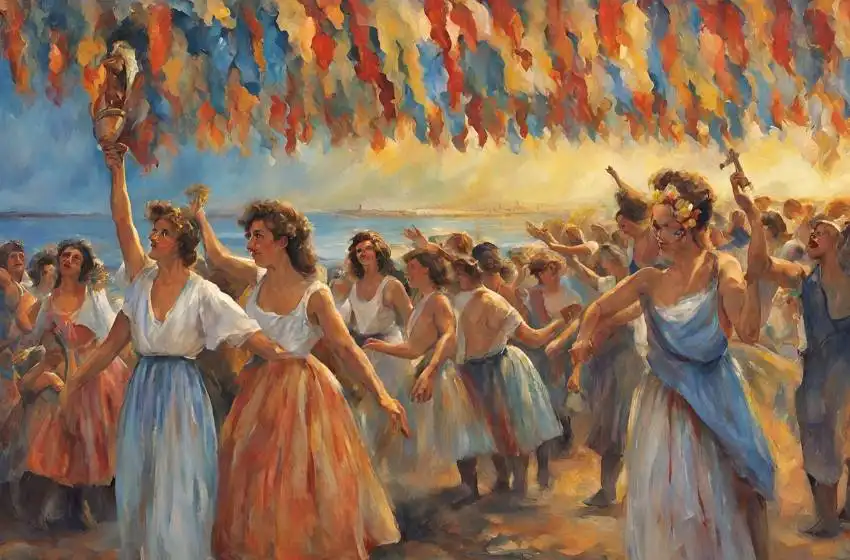
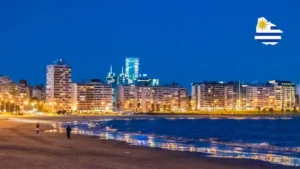



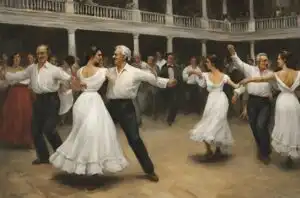


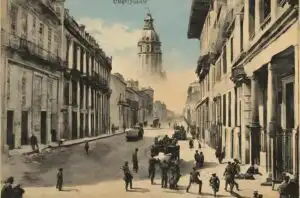


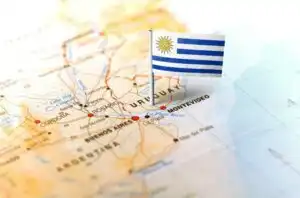
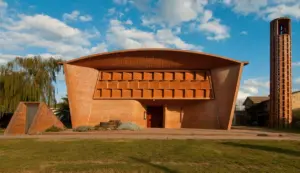

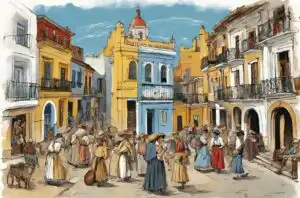





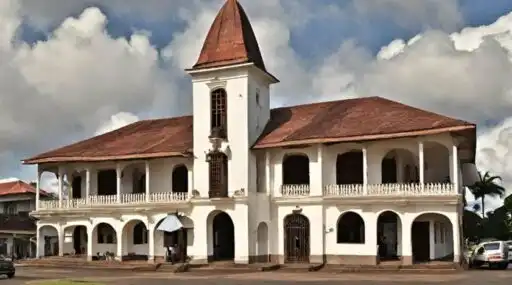








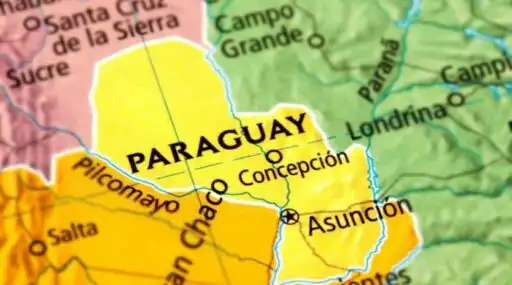
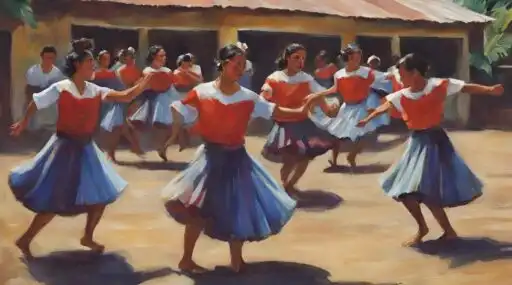
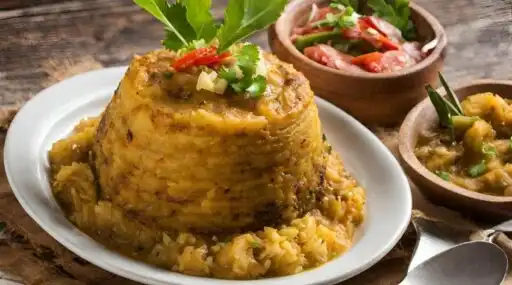


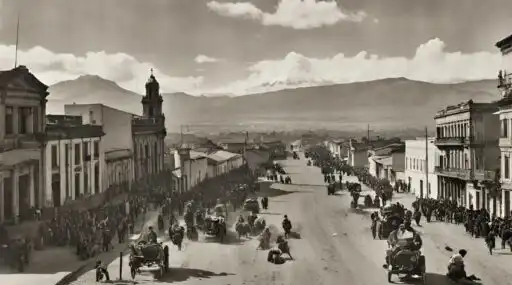
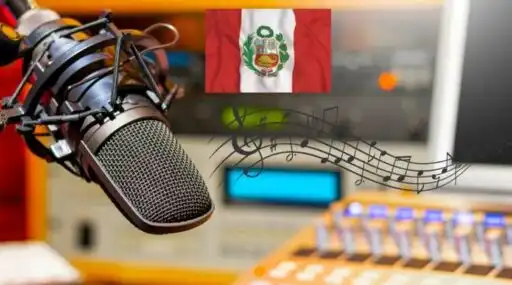

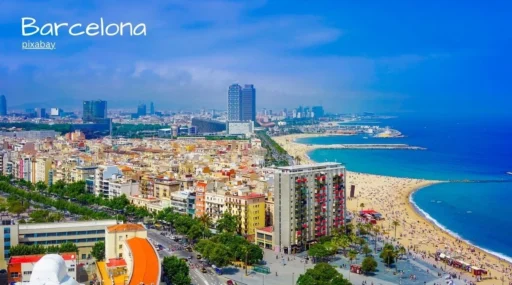

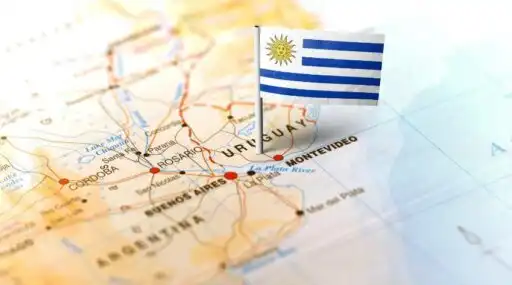




Leave a Reply